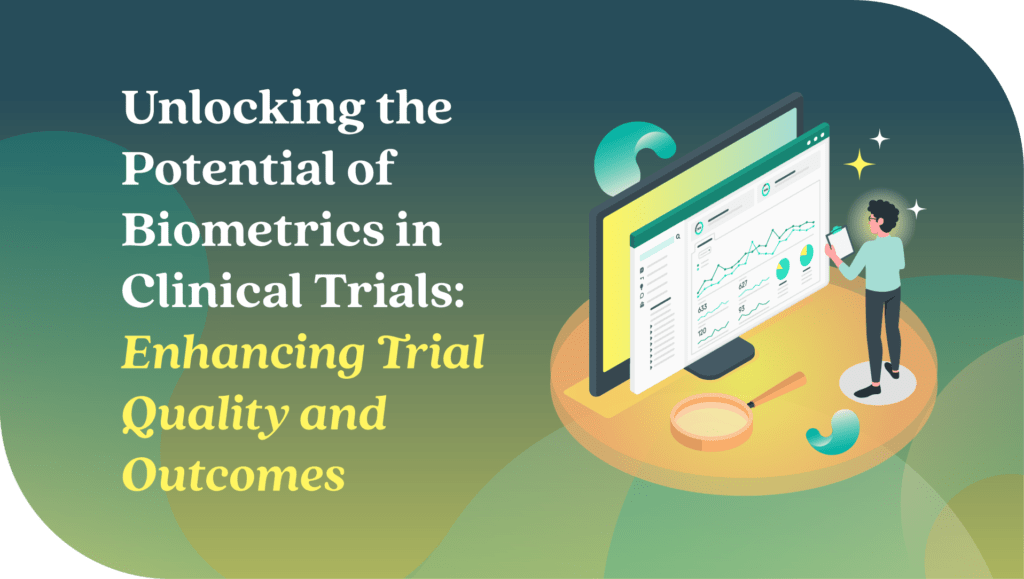In the dynamic landscape of clinical trials, the role of biometrics stands out as pivotal in ensuring not just the success, but the integrity and reliability of trial outcomes. Biometrics, encompassing a diverse array of statistical and data management techniques, finds its primary applications in three fundamental areas: biostatistics, SAS programming, and data management. Each of these areas plays a distinct yet interconnected role in supporting trial quality and facilitating the translation of trial results into actionable insights that drive advancements in medical research and patient care.
Biostatistics: The Backbone of Trial Design and Analysis
At the heart of every clinical trial lies the meticulous design, execution, and analysis of data. This is where biostatistics shines. Biostatisticians utilize biometrics to design robust study methodologies, determine optimal sample sizes, and employ sophisticated statistical models to analyze trial data. By harnessing the power of biometrics, biostatistics ensures that trial results are not only statistically valid but also reliable, forming the cornerstone upon which informed medical decisions are made.
SAS Programming: Transforming Data into Meaningful Insights
In the era of big data, the management and analysis of vast datasets present both challenges and opportunities. This is where SAS programming, fortified by biometrics, comes into play. SAS programmers leverage biometric techniques to develop intricate algorithms that process, organize, and analyze trial data with precision and efficiency. From generating essential tables and listings to producing regulatory submission-ready figures, SAS programming ensures the accuracy and consistency of trial results, empowering stakeholders with actionable insights derived from complex datasets.
Data Management: Safeguarding Data Integrity and Security
The integrity and security of trial data are paramount throughout the entire trial lifecycle. Herein lies the domain of data management, where biometrics plays a vital role in safeguarding the integrity and security of collected data. Through robust data collection, storage, and maintenance practices, biometric-driven data management ensures that trial data remains accurate, reliable, and compliant with regulatory standards. By implementing biometric protocols, data management not only mitigates risks but also instills confidence in the reliability of trial results, fostering trust among stakeholders and regulatory bodies alike.
Elevating Clinical Trial Outcomes Through Biometrics
The integration of biometrics into the core areas of biostatistics, SAS programming, and data management represents a cornerstone of excellence in clinical trial conduct. By harnessing the power of biometrics, trials are equipped to deliver not just results, but insights that are clear, actionable, and impactful. As we continue to push the boundaries of medical research and innovation, the role of biometrics remains indispensable in driving progress and ultimately, improving patient outcomes.
Through a deeper understanding and appreciation of the multifaceted applications of biometrics in clinical trials, we embark on a journey towards a future where every trial yields not just data points, but transformative discoveries that shape the landscape of healthcare for generations to come.



